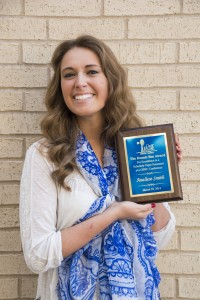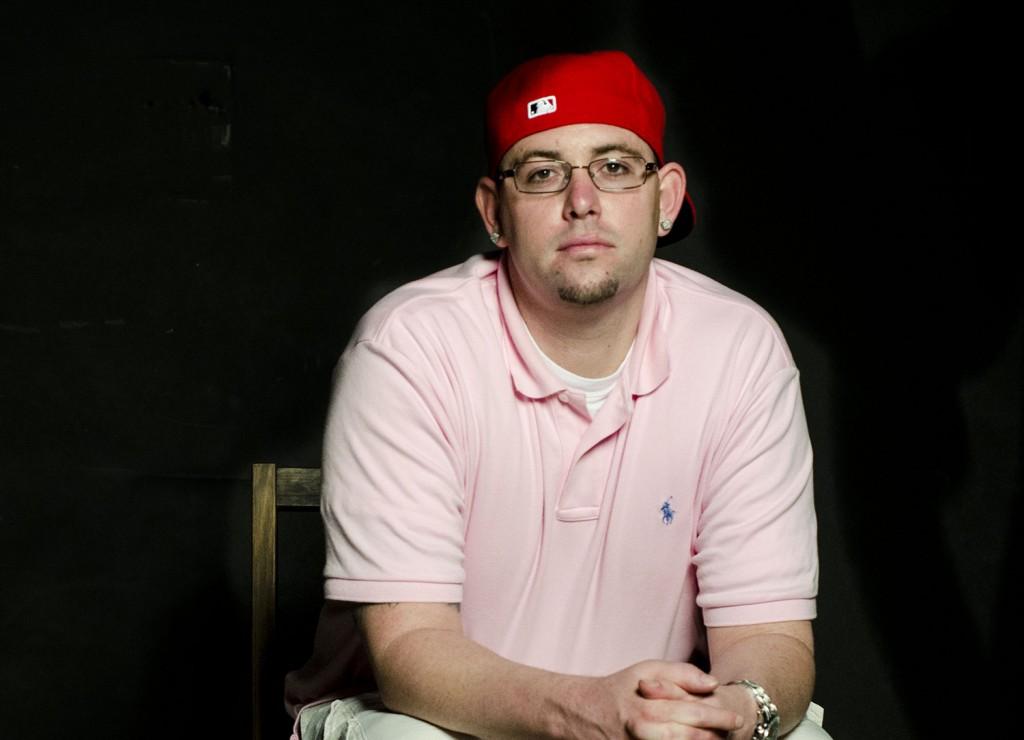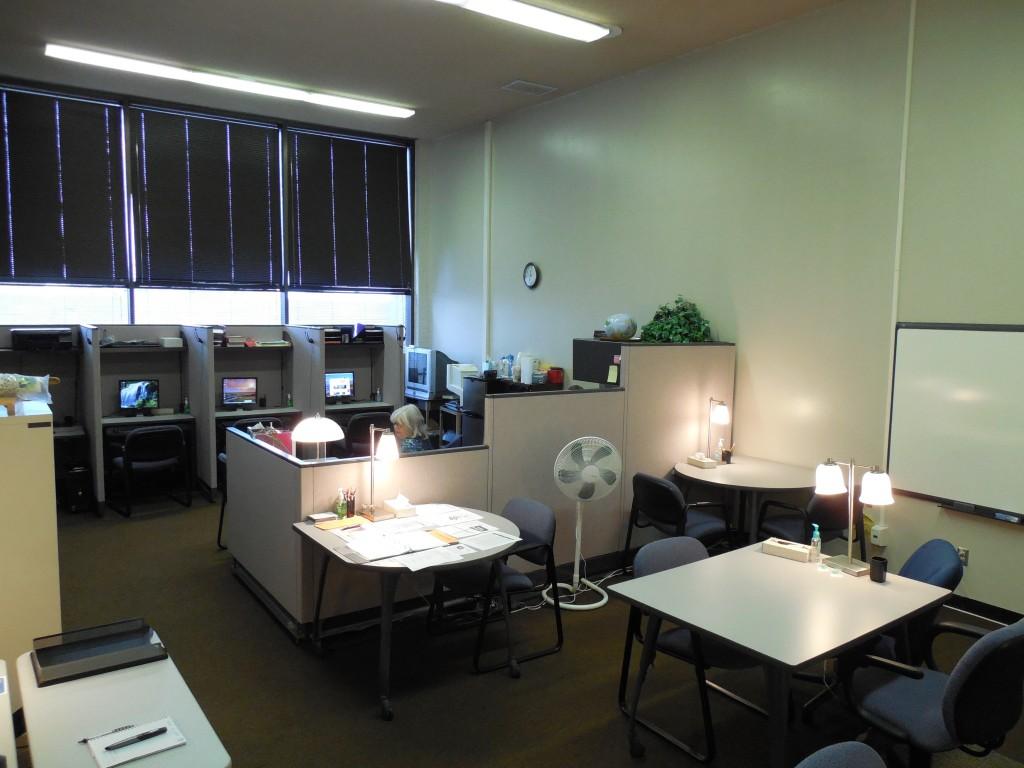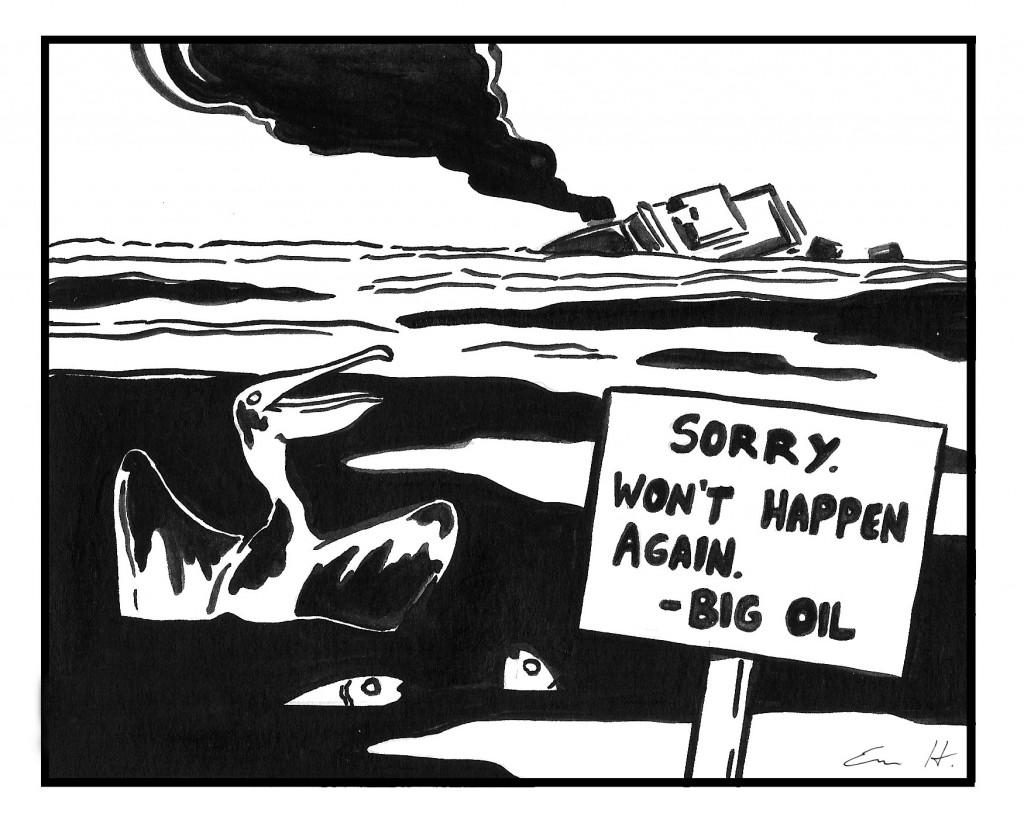By Tabitha Redder/nw news editor

NW student Analiese Smith won the Boe Award and a $200 check at the 2014 Great Plains Honors Council Conference in March with her research paper and presentation about the use and development of chemical warfare from the late 19th century to the modern era.
“They could do any research project that they wanted,” Cornerstone Honors Program director Eileen Preston said of the students who attended the conference. “[Analiese’s] was pretty grandiose. She’s really gifted in history.”
In addition to use and development of chemical warfare, Smith’s 23-page paper covers the chemical weapons taboo, prohibitions on chemical warfare and the reasons for their existence.
“It did turn into a really awesome research project, and I never thought that I would say I enjoyed research,” Smith said with a laugh. “But I definitely enjoyed the process.”
History professor Mike Nichols has had Smith as a student in the past and helped her edit the research paper.
“I wasn’t surprised she won,” he said. “In my opinion, she was the star of the conference.”
Both universities and two-year colleges compete at the conference in categories restricted by credit hours.
“There were huge, huge topics. Some of the topics were actual medical research and neuroscience that won,” Preston said of the other Boe Award winners. “Analiese just stood out. Her topic was well-thought-out, well-versed, and she was very articulate.”
Smith’s gave a 12-minute presentation in a room of more than 300 people at the conference.
“It wasn’t as nerve-wracking as I thought it would be because I didn’t know I was giving it in front of everyone until like a day before, so I didn’t have weeks before to freak out about it,” Smith said. “While I was giving it, the clicker wouldn’t work … it was kind of stressful.”
Smith plans to go to graduate school for history and said the paper would be good practice for assignments there.
“I figured, you know, working on a research topic like this and being able to develop a thesis like that was something I was really going to have to learn to do anyway,” she said.



























